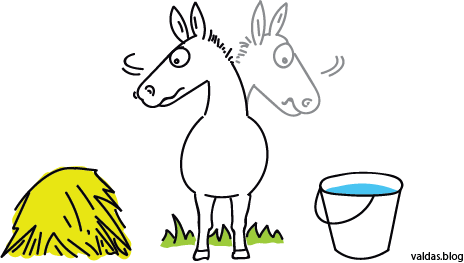2020 has been a crazy year. Yet, chaotic times tend to be fertile ground for precious lessons and this year was no exception to the rule. To wrap up the year, here’s 3 new lessons, 3 quotes and 3 resolutions for 2021.
3 New Lessons
1. Contradictions are normal and that’s okay. (post here)
My biggest takeaway this year is that people can be irrational and contradictory and that’s totally fine. This was quite the revelation, as I used to be short-tempered and quick to call out inconsistencies in behaviour. I can thank many factors for this lesson, but the two main inputs are:
- A podcast episode between Jay Shetty and Malcolm Gladwell; and
- Fantastic characters found in literature. Tt’s amazing how much detail and complexity some authors can give fictional beings. Reading dilemmas and faults in literature has been illuminating in making me a less angry person overall.
2. Action breeds motivation, not the other way around.
This one is simple but has been a game-changer for getting stuff done. In my pathologically neurotic period, starting tasks would be a chore as I would always mentally prepare myself for the hard effort required to do a task.
This year, I’ve found that the easiest method of doing hard stuff is just to dive straight into it without thinking, kind of like diving into an icy-cold bath. The hardest part of doing something is usually just getting started.
3. Words are works of magic.
2020 had a record number of books read and difficult conversations had. These experiences have illustrated the power of both the written and spoken word.
Words can elevate people to the realms of the heavenly angels, yet equally plunge people into the depths of hell. The Four Agreements describes this dichotomy as white magic vs. black magic, and I’ve found this to be very true. In 2020, I’ve learnt to be more mindful of the things I say and write and to prioritise values of love and truth above all others.
3 Quotes
- We aren’t uniquely awful, we just know ourselves unusually well. – The School of Life. Note: this quote quite literally saved my life in some of my darkest moments this year.
- To choose doubt as a philosophy of life is akin to choosing immobility as a means of transportation. – Life of Pi.
- One of the painful things of our time is that those who feel certainty are stupid; and those with any imagination or understanding are filled with doubt and indecision. Let doubt avail. – Bertrand Russell.
3 Resolutions for 2021
1. Keep reading and writing.
I’ve tried many habits in the past, but the two that have stuck are my propensities for writing and reading. These have helped me find order amongst apparent disorder and have been reliable punching bags for my heavy emotions. If these are the only good habits that I take to my grave, then so be it.
2. Limit phone use.
Aim: <2 hours per day as a weekly average. I’ve set a challenge for this with my partner to keep me accountable and I hope to keep it.
3. Cultivate good relationships.
The best moments of my life have consistently been times where I’ve had strong and healthy relationships – times where there was a mutual and beautiful understanding that two people had each other’s backs, no matter how crazy things got.
Unfortunately, it’s easy to let relationships slip, so in 2021 I’m making a conscious effort to schedule catch-ups with friends, family and loved ones.
So, that’s a wrap for 2020. Finally, dear reader, if you’ve made it here I’d just like to give a big thank you for taking the time to follow along with my musings. I don’t think I’m that interesting and it constantly amazes me that I get visitors every month on this site. If you’ve been lurking for a while, feel free to leave a comment – feedback is always appreciated.
Otherwise, I hope you all have a wonderful New Year. I can’t wait to see how crazy 2021 will get.
Cheers,
Eric

